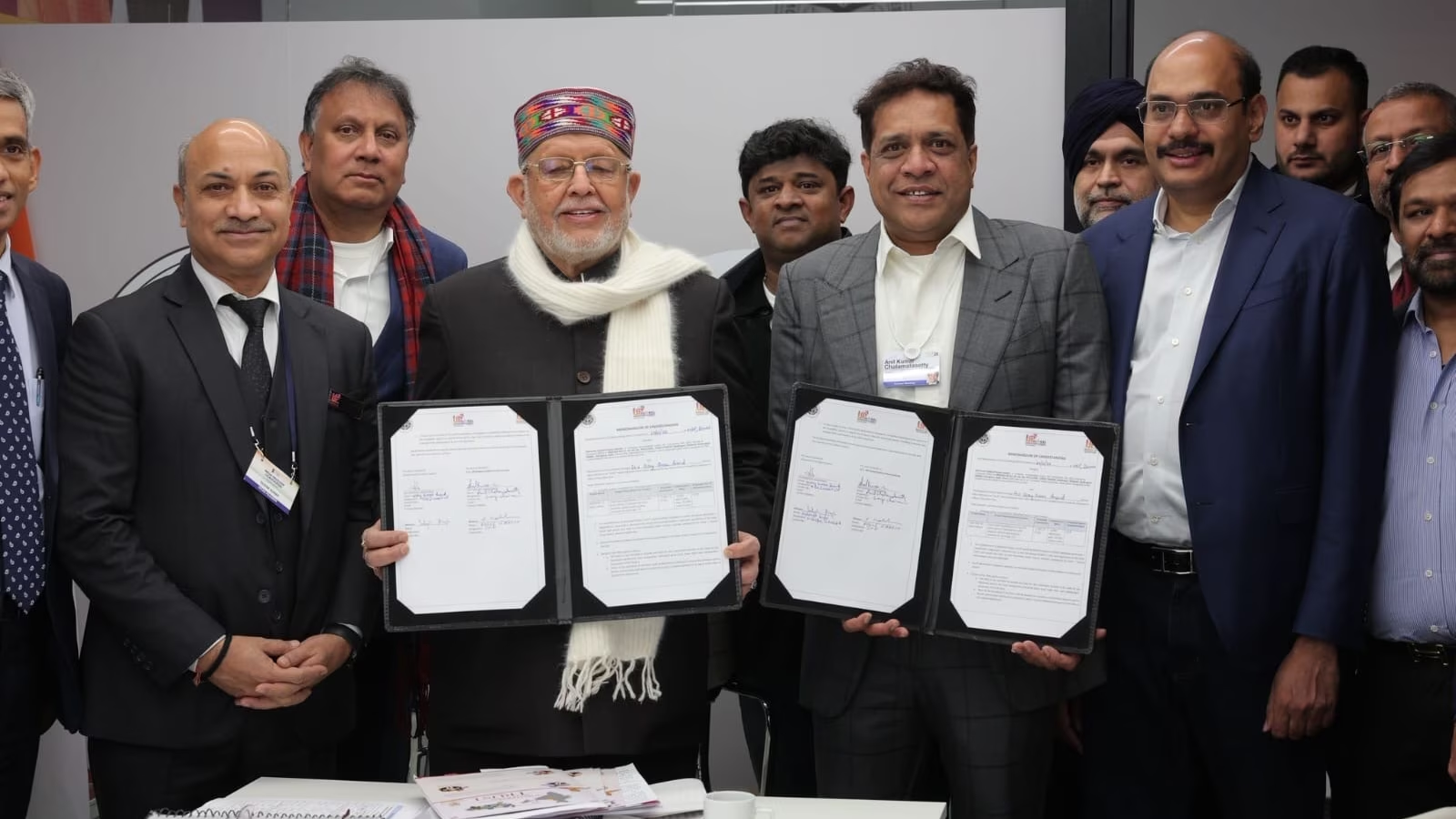India is solidifying its position as a global hub for enterprise operations and innovation, with Global Capability Centres (GCCs) poised to reach USD 105 billion by 2030. Union Labour Secretary Sumita Dawra highlighted this projection during a recent visit by an International Labour Organization (ILO) delegation to HSBC GCC in Gurugram
India’s Booming GCC Landscape
As of 2024, India is home to over 1,700 GCCs, employing 1.9 million professionals and generating USD 64.6 billion in revenue. The country has emerged as a preferred destination for global enterprises due to its rich talent pool, cost efficiency, and strong digital infrastructure.
Major GCC hubs in India include Bengaluru, Hyderabad, Pune, Chennai, and Mumbai, with emerging cities also attracting investments in this sector. The growing adoption of GCCs across industries like AI, cybersecurity, cloud computing, and semiconductors signals a transformative shift in the global outsourcing ecosystem
Major GCC hubs in India include Bengaluru, Hyderabad, Pune, Chennai, and Mumbai, with emerging cities also attracting investments in this sector. The growing adoption of GCCs across industries like AI, cybersecurity, cloud computing, and semiconductors signals a transformative shift in the global outsourcing ecosystem
The Shift Towards High-Value Services
A defining trend in India’s GCC sector is the transition from data processing to knowledge processing, enabling enterprises to deliver high-value technology-driven solutions. With 40% of digital transformation projects being led from India-based GCCs, the country has become an innovation powerhouse
Additionally, new GCCs are emerging from Germany, the UK, Japan, and Nordic countries, marking a shift from traditional outsourcing regions like the US. This diversification further strengthens India’s reputation as a global innovation hub
Future-Ready Workforce & Industry Trends
India’s GCC growth is driven by a workforce that is adapting to industry demands. Key trends shaping the future include:
- Hybrid Work Models: Companies are embracing flexible work structures to enhance productivity
- Diversity & Inclusion: More organizations are fostering diverse work environments
- Upskilling in AI, Cybersecurity, and Blockchain: As technology evolves, Indian professionals are upgrading their skills to stay competitive
- Industry-Academia Collaborations: Partnerships between universities and corporations are nurturing the next generation of tech talent
Economic and Technological Impact
The expansion of GCCs in India is fueling economic growth, job creation, technology transfer, and skill development. The sector’s evolution into a knowledge-driven industry will further strengthen India’s global standing in innovation and digital transformation.
As businesses worldwide recognize India’s strategic importance, the country is well-positioned to lead the next wave of global enterprise solutions, making it a key player in the future of technology and business services
As businesses worldwide recognize India’s strategic importance, the country is well-positioned to lead the next wave of global enterprise solutions, making it a key player in the future of technology and business services







